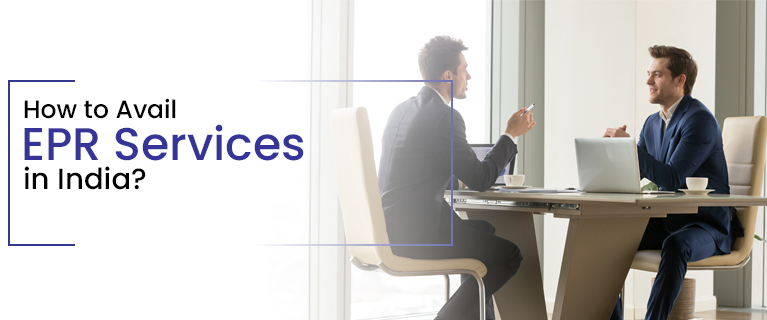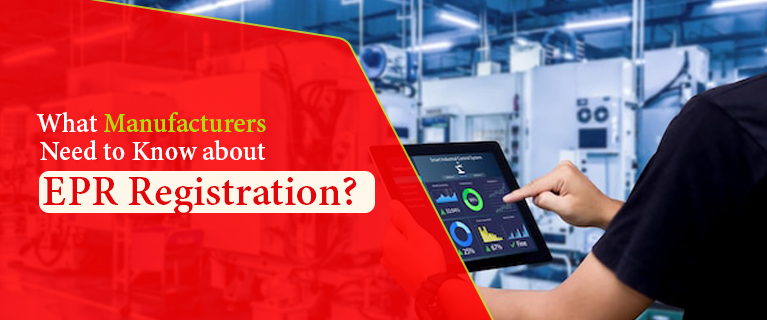How To Avail EPR Services In India?
Availing Extended Producer Responsibility (EPR) services in India involves several steps to ensure compliance with environmental regulations and responsibly manage the life cycle of products. EPR is a policy approach that holds manufacturers and producers accountable for the environmental impact of their products, particularly at the end of their useful life. Here's how you can avail EPR services in India:
Step 1: Understand EPR Obligations:
Educate yourself about EPR services regulations and obligations relevant to your industry and products. Each sector may have specific guidelines and requirements, so it's essential to have a clear understanding of your responsibilities.
Step 2: Identify Authorized Producers:
Determine whether your business is categorized as an authorized producer under the EPR regulations. Manufacturers, importers, brand owners, and sellers of specified products may have EPR obligations. Confirm whether your products fall under the EPR ambit.
Step 3: Collaborate with a PRO:
A Producer Responsibility Organization (PRO) is an entity that facilitates the implementation of EPR services by collecting and managing waste on behalf of producers. Collaborate with a PRO that is authorized by the relevant authorities. PROs play a crucial role in setting up collection, recycling, and disposal mechanisms.
Step 4: Register with Appropriate Authority:
If mandated by regulations, register your business and products with the designated authority responsible for overseeing EPR compliance. This registration process ensures that you are officially recognized as a participant in EPR initiatives.
Step 5: Develop an EPR Plan:
Work with your chosen PRO to develop a comprehensive EPR plan. This plan outlines how you will fulfill your EPR obligations, including collection, transportation, recycling, and disposal of waste generated by your products.
Work with your chosen PRO to develop a comprehensive EPR plan. This plan outlines how you will fulfill your EPR obligations, including collection, transportation, recycling, and disposal of waste generated by your products.Step 6: Implement EPR Activities:
Execute the EPR plan by collaborating with the PRO to set up collection points, logistics, and recycling facilities. Ensure proper documentation and reporting of EPR activities as required by regulations.
Step 7: Monitor and Report:
Continuously monitor the progress of your EPR activities and gather data on waste management, recycling rates, and other relevant metrics. Regularly report this information to the appropriate regulatory authorities as stipulated by EPR regulations.
Step 8: Engage in Outreach and Awareness:
Participate in public awareness campaigns and educate consumers about responsible product disposal and recycling. Encourage consumers to participate in EPR initiatives and use designated collection points.
Step 9: Ensure Compliance and Audit:
Regularly review and assess your EPR activities to ensure compliance with regulations and the effectiveness of your waste management initiatives. Conduct periodic audits to evaluate the performance of the PRO and the overall impact of your EPR efforts.
Read Also This - How to Apply Online for EPR RegistrationStep 10: Continuously Improve:
Seek opportunities for continuous improvement in your EPR strategies and initiatives. Explore innovative ways to reduce the environmental impact of your products and enhance recycling and disposal processes.
By following these steps, businesses in India can effectively avail EPR services and contribute to sustainable waste management and environmental conservation efforts. It's important to stay updated on evolving EPR regulations and industry best practices to ensure ongoing compliance and positive environmental impact.




Comments
Post a Comment